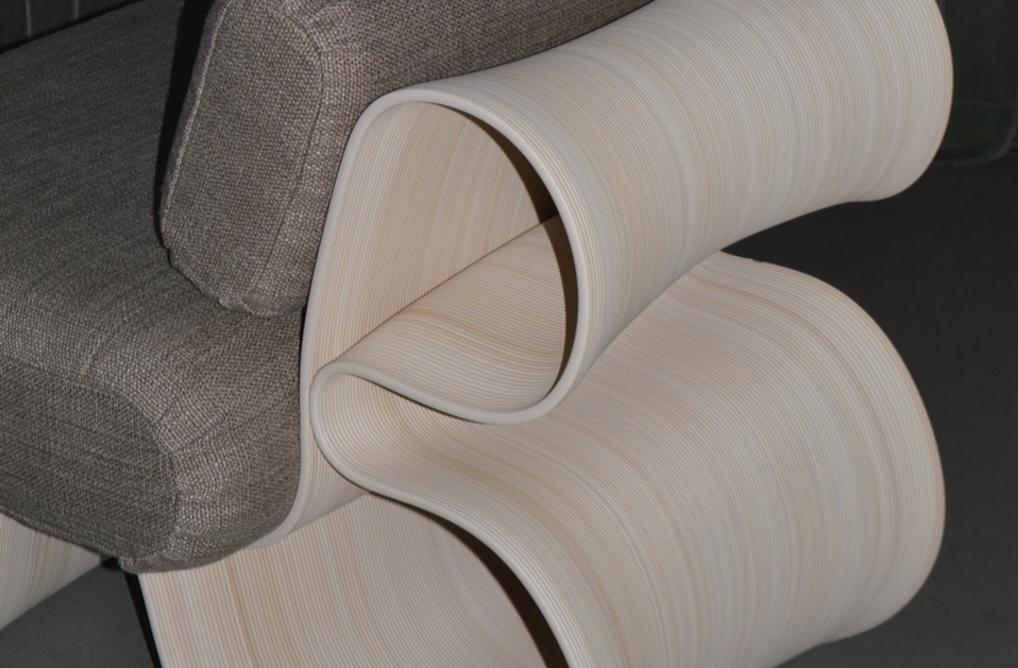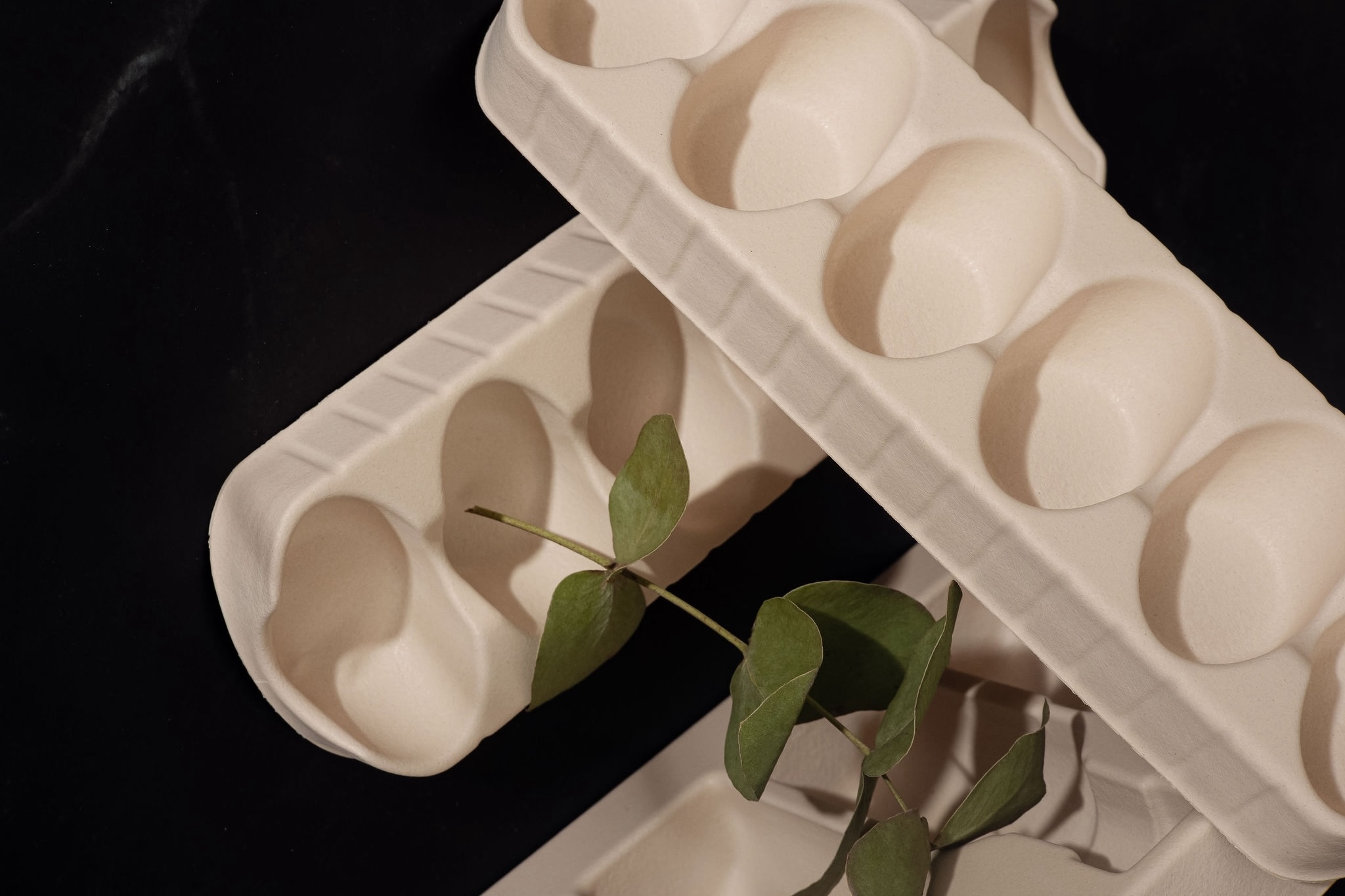When partnering with Sulapac you will set the new standards for your industry: Sulapac positions you in the forefront of sustainability and innovation. It allows you stand out from the competition with a unique look & feel – and invites your customers on an inspiring journey towards a cleaner future.
The switch from conventional plastic to manufacturing with sustainable Sulapac is easy and economic: Sulapac materials fit existing plastic converting machinery and have excellent processability. Our experienced team makes sure that the transition is as smooth as possible and the go-to-market successful.






